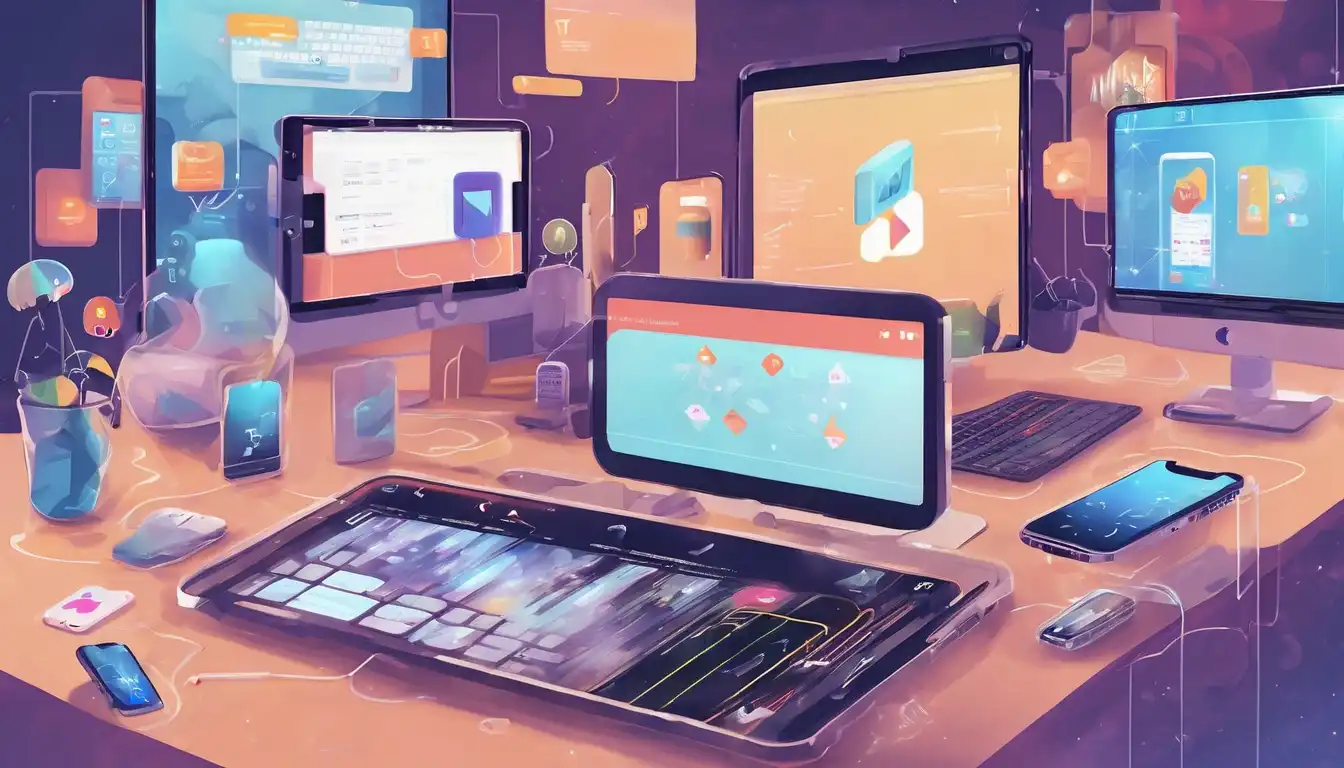Introduction to Flutter in Mobile Development
Flutter, Google's open-source UI software development kit, has been making waves in the mobile development world. Its ability to create natively compiled applications for mobile, web, and desktop from a single codebase is nothing short of revolutionary. This article delves into how Flutter is shaping the future of mobile development, offering insights into its benefits, challenges, and why it might be the right choice for your next project.
Why Flutter Stands Out
Flutter's unique approach to mobile development allows developers to build beautiful, fast, and native-like applications. Its widget-based architecture enables the creation of customizable and dynamic user interfaces. Moreover, Flutter's use of Dart programming language, which is optimized for UI development, ensures smooth performance across platforms.
Benefits of Using Flutter for Mobile Development
- Single Codebase for Multiple Platforms: Write once, deploy anywhere. Flutter's cross-platform nature significantly reduces development time and resources.
- Hot Reload: This feature allows developers to see changes in real-time, making the development process faster and more efficient.
- Rich Widget Library: Flutter offers an extensive collection of pre-designed widgets that help in creating visually appealing applications.
- Strong Community Support: With a growing community, finding help, resources, and libraries is easier than ever.
Challenges and Considerations
Despite its numerous advantages, Flutter is not without its challenges. The learning curve for Dart, limited third-party libraries, and larger app sizes are some considerations developers must keep in mind. However, the continuous improvements and updates from Google are rapidly addressing these issues.
Flutter vs. Other Mobile Development Frameworks
When compared to other frameworks like React Native or Xamarin, Flutter offers superior performance due to its direct compilation to native code. Its widget-based approach also provides more control over the UI, making it a preferred choice for developers aiming for high-quality, performant applications.
Future Prospects of Flutter
The future of Flutter looks promising, with Google investing heavily in its development. The introduction of Flutter for web and desktop applications further expands its potential, making it a versatile tool for developers. As the community grows and more resources become available, Flutter is set to become a dominant force in the mobile development landscape.
Conclusion
Flutter is redefining the standards of mobile development with its innovative features and cross-platform capabilities. While there are challenges to overcome, its benefits far outweigh the drawbacks, making it an excellent choice for developers and businesses alike. As we look towards the future, Flutter's role in mobile development is undoubtedly significant, promising a new era of efficient, beautiful, and high-performing applications.
